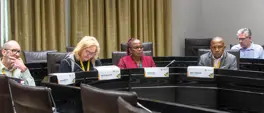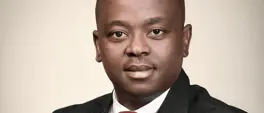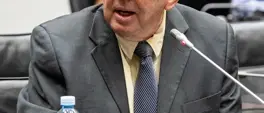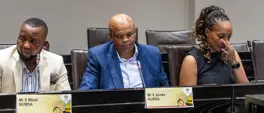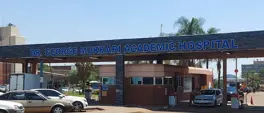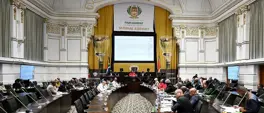Personalised therapies changing fight against cancer
Chante Ho Hip
7 October 2025 | 13:48Early detection and personalised treatments are ushering in a new era of hope in the centuries-long fight against cancer.
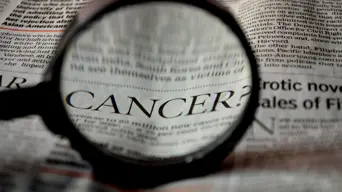
Picture: Pixabay I @ PDPics
The fight against cancer is evolving and according to Dr Aadilah Omar, early detection and precision treatment are leading the charge.
The World Health Organisation (WHO) estimates that about one in five people will develop cancer in their lifetime and in Africa, there are more than 1.1 million new cases annually.
RELATED: Experts say early diagnosis of breast cancer is key
“When cancers are found at an early stage, they are often easier to treat, they require less aggressive therapy, and your survival rates are much higher,” says Oncology Researcher, Dr Aadilah Omar.
Another important step is how the cancer, once diagnosed, is managed.
In the past, treatmentswere limited to chemotherapy, surgeries and radiation, but today, doctors have precision oncology.
These are connected to biomarkers and liquid biopsies, which are measurable indicators in your blood that provide doctors with understanding of how the cancer might behave.
Among the innovations in cancer research are organoids, tiny three-dimensional clusters of cells cultivated in labs to mimic the structure and function of human organs and thus, cancer tumours.
RELATED: Breast cancer experts encourage young women to pay attention to family’s medical history
“It helps us predict which therapy will most likely work. We test these therapeutics on them [the organoids] and we see the response. They also allow us to study how cancers develop... and respond to drugs,” she says.
Cancer is not a single disease but comprises many different types, each with its own biology.
She adds, “We are entering a new era, and instead of a one-size-fits-all all approach, we are finding ways to personalise treatment and target the unique biology of each person’s cancer.
“It makes it easier to track down how the cancer is behaving, see if the treatments are working, pivot and catch early signs if the cancer is coming back.”
To listen to Dr Aadilah Omar, Oncology Researcher from the Internal Medicine Translational Research Unit at the University of the Witwatersrand, in conversation with 702’s Relebogile Mabotja, click on the audio below:
Get the whole picture 💡
Take a look at the topic timeline for all related articles.


